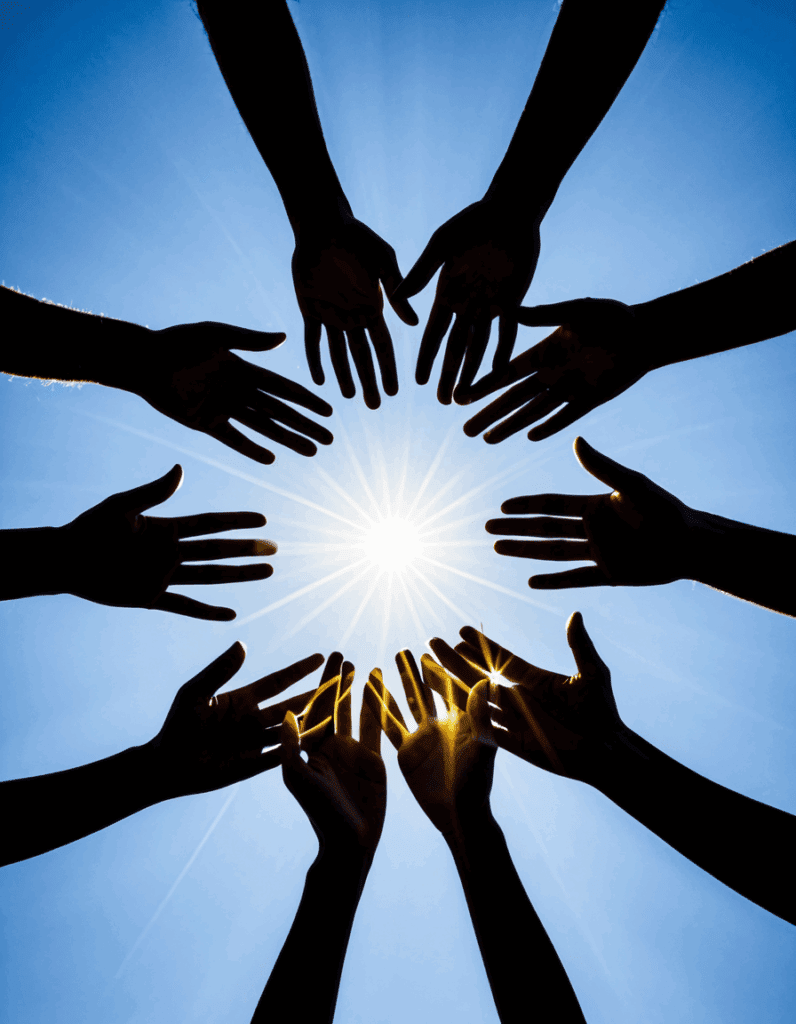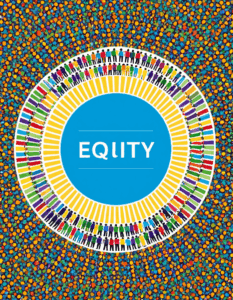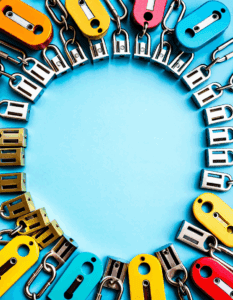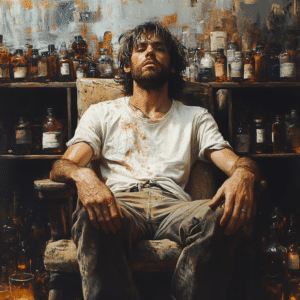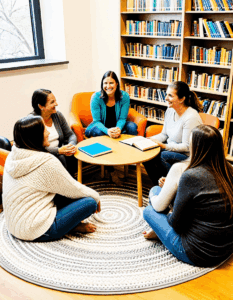In today’s world, mental health resources are vital for individuals and families, especially for parents grappling with the fallout of addiction. The National Alliance on Mental Illness (NAMI) reports nearly 1 in 5 U.S. adults faces a mental health condition each year. This staggering statistic highlights the urgent need for effective support systems. As addiction affects not just the individual but the entire family, having readily accessible mental health resources can help reshape lives and foster resilience.
When we think about mental health resources, we should consider how they promote understanding and community involvement. They change the game by encouraging open discussions about emotional struggles, reducing stigma, and creating safe places for healing. With the right support, families can navigate these tough waters together, building stronger bonds despite the adversity.

1. The Essential Role of Mental Health Resources in Today’s Society
We live in unprecedented times filled with challenges that can take a toll on our mental well-being. Mental health resources serve as lifelines for individuals needing help. Growing awareness around mental health Issues has sparked a demand for these essential services. This evolution signifies a cultural shift toward prioritizing mental wellness.
Moreover, mental health resources can educate parents about addiction and its consequences. Knowledge empowers families; it helps them understand that they are not alone in navigating these murky waters. By fostering a supportive environment, families can foster resilience and hope, showing that transformation is possible.

2. Top 7 Mental Health Resources That Transform Lives
2.1. National Suicide Prevention Lifeline
Day or night, the National Suicide Prevention Lifeline is a beacon of hope. With trained counselors available 24/7, they provide immediate assistance to those in emotional distress. The lifeline has been crucial in saving countless lives, emphasizing the significance of timely interventions.
2.2. Mental Health First Aid
Have you heard of Mental Health First Aid (MHFA)? It’s a groundbreaking program that can make all the difference in someone’s life. Participants learn to identify signs of mental illness and respond appropriately, ensuring timely support for those in need. Past studies show that trained individuals tend to step in and offer help when someone faces mental health challenges, proving that education is a powerful tool.
2.3. NAMI HelpLine
If you need information about mental health, look no further than the NAMI HelpLine. They offer free, confidential support, guiding thousands every year through the maze of mental health issues. In 2023 alone, their HelpLine assisted over 40,000 people, a clear indication of the high demand for mental health resources and community support.
2.4. BetterHelp Online Therapy
In our digital age, BetterHelp offers therapy at your fingertips. It enables users to engage with counselors from the comfort of their homes, fostering a sense of connection without the need for face-to-face meetings. A significant study indicated that outcomes from online therapy are on par with traditional sessions, making it a convenient option for many struggling with addiction and its effects.
2.5. DBT Skills Training
If you or a loved one is facing addiction, you might find hope in Dialectical Behavior Therapy (DBT) skills training. Programs developed by the Linehan Institute focus on teaching emotional regulation and distress tolerance, critical for those battling addiction. Many who’ve completed DBT programs report profound changes in their lives, showcasing the transformative power of learning effective coping strategies.
2.6. Support Groups – Alcoholics Anonymous and Narcotics Anonymous
Community is key when dealing with addiction, and that’s where groups like Alcoholics Anonymous (AA) and Narcotics Anonymous (NA) shine. These support groups create a sense of belonging and understanding among members, which can lead to improved recovery rates. The National Institute on Drug Abuse (NIDA) highlights that engaging in community-based recovery support significantly boosts individual success in overcoming addiction.
2.7. The Mindfulness Movement
Incorporating mindfulness practices into daily life has changed the game for many. Apps like Headspace guide users through meditation and mental health exercises, helping to manage anxiety and depression. Regular practice can lead to significant reductions in negative symptoms, showing that being present can truly transform one’s life.
3. Integrating Mental Health Resources into Daily Life
Accessing mental health resources is just the beginning. The real magic lies in how we incorporate these into our everyday lives. Families can make it a priority to participate in support groups or even engage in mindfulness exercises together. By doing so, they build a support network that not only enhances resilience but also fosters deeper emotional connections.
Consider daily check-ins at the dinner table as a chance to discuss feelings and emotions. This practice encourages openness and can create a healthier dialogue about mental health challenges. By proactively prioritizing mental wellness, families can cultivate an environment where everyone feels valued and supported.
4. The Future of Mental Health Resources
What does the future hold for mental health resources? It seems promising, albeit challenging. With the rise of technology, think AI-driven mental health platforms might evolve to offer immediate support. The World Health Organization aims to integrate mental health into primary health settings, which would radically transform service delivery across the globe.
A greater focus on preventative care is also emerging. By shifting resources and energy towards prevention, we can work towards reducing the impacts of mental health issues before they escalate. The goal is to foster environments where mental well-being is prioritized, creating a society where everyone can thrive.
Innovative Wrap-Up
At this crossroads of societal awareness and technological advancement, mental health resources have the potential to change lives forever. When communities come together to share knowledge, support each other, and embrace modern tools, we empower individuals and families to take control of their mental wellness.
To the parents out there struggling or navigating the heartbreaking path of addiction, know that transformation is possible. Engaging with these resources can lead to a brighter future not only for you but for your children, too. When mental health is prioritized, it sets the stage for resilience and healing, fostering an environment where families can truly flourish together. For more information on dealing with addiction and exploring various mental health resources, visit Mothers Against Addiction. Together, we can make a difference.
Mental Health Resources That Transform Lives
Understanding Mental Health Resources
Navigating mental health can be tricky, but there are tons of resources out there to support folks in need. For example, did you know that more people are drawn to engage with mental health information when it’s packaged creatively? Just like how vampire Animes capture our attention with their dramatic plots and eccentric characters, mental health resources are becoming more appealing, using engaging formats to communicate crucial information. It’s vital to know that such resources can help folks manage disorders like bipolar disorder, which affects millions. Understanding what this condition entails can really change perspectives and foster empathy, as outlined in resources explaining what is bipolar disorder.
Support Systems & Community Engagement
Connecting with others is essential for mental wellness. Community resources, like local support groups, can provide that comfort and solidarity. One interesting trivia point is how a single emotional connection can dramatically decrease feelings of isolation. Just like when folks gather at the Cross County mall to shop, chat, and bond, creating safe spaces for sharing challenges can usher in healing. Plus, what you might not know is that exploring whether drinking alcohol is a sin can lead some to evaluate their relationship with substance use, impacting mental health outcomes significantly.
Modern Solutions and Treatments
When it comes to treatment options, there’s been significant progress in the field. For instance, naltrexone is a medication increasingly adopted for managing addiction, though it comes with a set of side effects Of naltrexone that everyone should be aware of. It’s all about being informed! Plus, personal stories can highlight how individuals find innovative coping strategies, similar to how Tippi Hedrens resilience in Hollywood shows us that overcoming obstacles can lead to incredible achievements. And speaking of achievements, keep an eye out for rising stars in mental health advocacy, similar to how Youngkin has been influential in bringing topics into public discourse.
As we learn more about mental health resources, remember that each small step towards understanding can lead to profound transformations. Whether you’re delving into financial literacy with options like 10/1 year arm rates or just diving into conversations about mental health, every little bit of knowledge builds a better future for us all.


